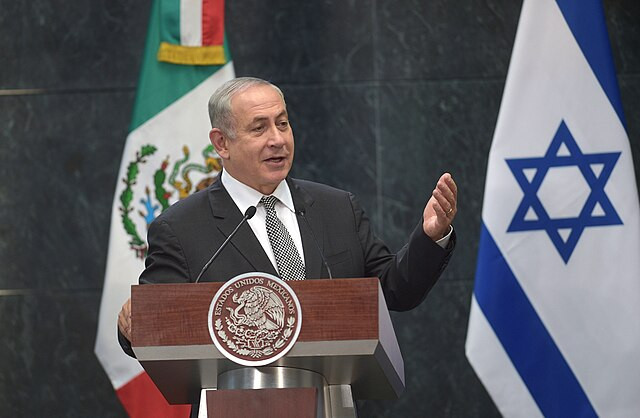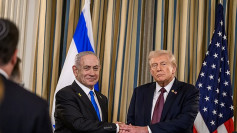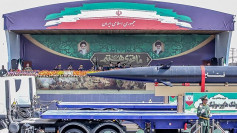Israeli and Hamas delegations convened Monday in Sharm El Sheikh, Egypt, to begin a new round of U.S.-backed negotiations aimed at ending the Gaza war and freeing the 48 remaining hostages, marking the most significant diplomatic effort since the conflict's start two years ago.
The talks, led under President Donald Trump's 20-point peace blueprint, began one day before the second anniversary of the Oct. 7 Hamas attacks that killed 1,200 Israelis and left 251 hostages in Gaza. Both Israel and Hamas have endorsed the plan's general framework-calling for a cease-fire, hostage release, and Israeli withdrawal from Gaza-but remain divided on key implementation details.
"I am told that the first phase should be completed this week, and I am asking everyone to MOVE FAST," Trump said in a social media post over the weekend, urging negotiators to finalize the first stage. The president also instructed Israel to pause its bombing campaign, signaling optimism over Hamas's partial acceptance of the plan.
According to Egyptian state television, negotiations began Monday morning at the Red Sea resort, with delegations from both sides arriving under tight security. The Israeli team includes senior officials from Mossad and Shin Bet, Prime Minister Benjamin Netanyahu's foreign policy adviser Ophir Falk, and hostages coordinator Gal Hirsch. Hamas's delegation is led by Khalil Al-Hayya, who survived an Israeli airstrike in Doha last month that killed his son.
The Trump peace plan, backed by both Arab and Western states, calls for:
- The return of all hostages, dead or alive, within 72 hours of Hamas signing the agreement.
- The withdrawal of Israeli forces from Gaza.
- The complete disarmament of Hamas in exchange for amnesty and relocation opportunities to third-party countries.
Trump's proposal also stipulates the reopening of humanitarian corridors and the start of reconstruction efforts financed by regional partners. But Hamas leaders have reportedly rejected the three-day timeline, arguing that retrieving bodies buried under rubble is unrealistic. A Hamas official cited by Reuters said the group remains "deeply wary" of Israeli promises to withdraw after the hostages' return.
Despite the order for a scaled-back offensive, Israeli airstrikes over the weekend killed 36 Palestinians, including children, according to Gaza health authorities. The figure marked a reduction from prior weeks but underscored ongoing hostilities. Israel's military said operations would continue until a verified cease-fire was in place.
Inside Israel, pressure has mounted for a deal to bring hostages home, even as members of Netanyahu's right-wing coalition oppose any truce. "If there is a deal, then we survive. If there isn't, it is like we have been sentenced to death," said Gharam Mohammad, a 20-year-old displaced resident of central Gaza, in remarks to Reuters.
Hamas has also pushed for clarity on a hostage-prisoner exchange mechanism and international guarantees that Israel would follow through on troop withdrawal commitments. Israeli officials, meanwhile, continue to insist on Hamas's complete disarmament-a demand the group says it will meet only if Israel ends its occupation and a Palestinian state is formally recognized.
As discussions continue in Egypt, observers say the next 72 hours will determine whether the talks mark a turning point toward peace-or another missed opportunity in a conflict that has already claimed more than 67,000 Palestinian lives and displaced most of Gaza's 2.2 million residents.






